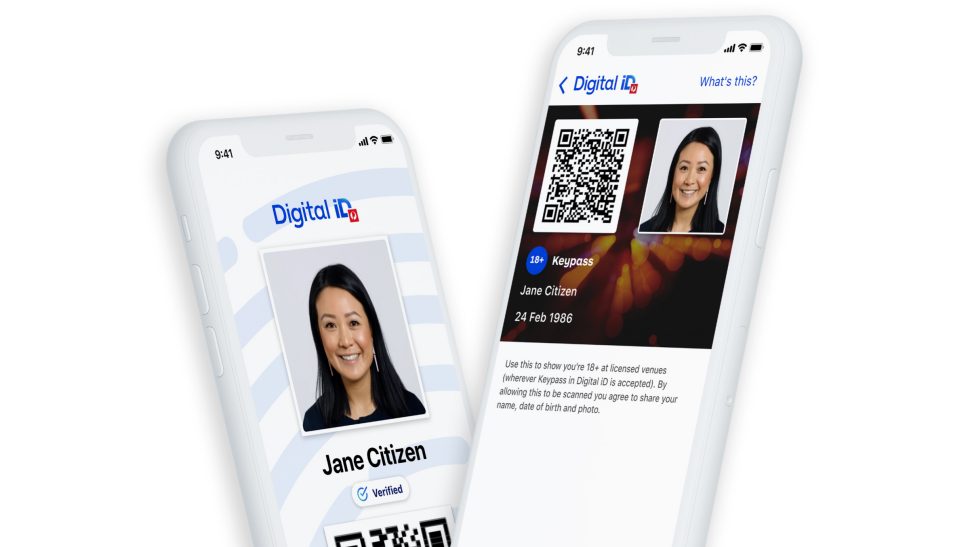Over 50% Growth in Use of Digital Documents Between 2022 & 2026
A new study from Juniper Research has found that the number of users of digital identity documents globally will exceed 6.5 billion by 2026, from 4.2 billion in 2022. This expansion of over 50% has been accelerated by the pandemic and reflects the growing importance of digital identity in sectors such as government services.
A digital identity document is a digital representation of a physical identity document.
The new research, Digital Identity: Key Opportunities, Regulatory Landscape & Market Forecasts 2022-2026, found that ease and equality of access are critical factors for the use of digital identity in government services. The research recommends that governments partner with digital identity vendors with diverse identity datasets, to ensure an inclusive digital transformation in eGovernment.
For more insights, download the free whitepaper: Digital Identity ~ Realising Critical Opportunities
Digital Identity Cards Take a Leading Role
The research found that digital identity cards, where digital details are loaded onto an identity card, will be used by over 4 billion people globally in 2026, from 2.5 billion in 2022. This ongoing digitisation is a prerequisite for many digital initiatives within eGovernment, and will allow significant digital enablement over the next five years.
Research co-author Damla Sat explained: “Identity cards have been controversial in some countries due to privacy concerns, but they are a well-established mechanism for digitising identity practices. If third-party access is governed correctly, identity cards can be at the centre of the digital identity market, but they need to be backed by robust processes.”
Verification Cannot Be Ignored in Government Services
The research found that while eCommerce fraud has been rife, government services must not be ignored from a verification perspective. As government-issued documents are critical to identity processes, any compromising of these documents is very risky. Therefore, governments issuing digital identity documents must work with verification vendors who offer a variety of different verification scenarios across use cases, or they will fail to secure this high-risk fraud avenue.

0 comments